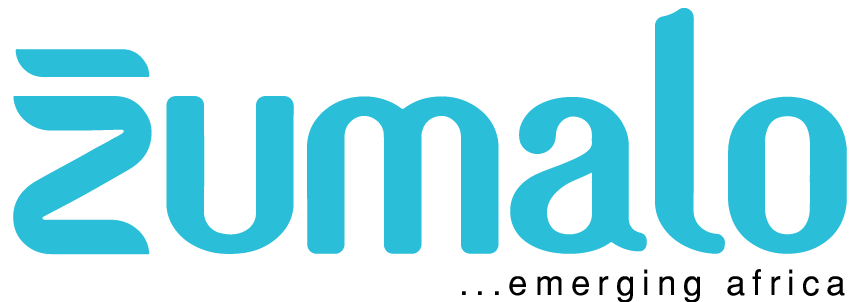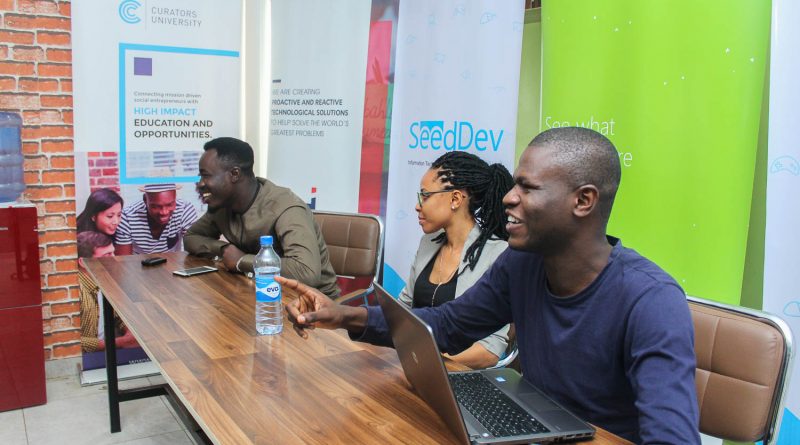Seeddev Round-Table: Discussing the Future of Skills and Education in Nigeria
As part of efforts to build a skilled a skilled Africa, SeedDev has trained over 7000 kids, teenagers and young adults in emerging communities in the last 12 months. The Curriculum for training which covers important areas of Science, Technology, Engineering and Mathematics (STEM) is tailored towards sparking interest and curiosity in kids from their tender age as part of their skilled development journey.
The Goal of the not for profit organization is to have reached and trained a million underserved young Africans by 2020; adequately equipping them with the necessary digital skills required to thrive in this age and time. Over the years, they have partnered with government agencies, private organizations and multinationals organizations such as Microsoft (Code.org) to mention a few. This is with an emphasized understanding the role technology will play in future job roles, our commitment as an organization is to adequately prepare young Africans to harness the opportunities that lie ahead.
It is in line with this that SeedDev organized a roundtable of stakeholders in Akure, the Ondo State capital sponsored by Microsoft Nigeria to discuss the Future of Skills and Education. Unarguably, the 21st century has experienced a myriad of technological evolution and for Africa and in this case, Nigeria to fully leverage her numbers in participating, more and more young people need to be enlightened on the endless possibilities of acquiring the necessary digital skills for the future. Having championed the educating and training of young kids in several emerging communities across Africa in the past two years, the aim was to discuss the way forward in equipping the next generation of tech leaders in Nigeria.
At the roundtable moderated by Chairman SeedDev, Kitan David, Project Manager, BeMORE Girls, Nkem Ijere and Chief Scribe at Zumalo.com, Olugbemiro Opeyemi, the following areas were identified as some of the issues affecting the quality of digital skills education in the country:
1. Meagre budgetary allocation to Education in the country. The Federal Government budgeted just over 7% of the 2018 budget for education far below the 26% recommended by the United Nations; with a bulk of the funds going to recurrent expenditure.
2. Lack of Adequate qualified teachers. A good number of teachers are not properly trained and prepared for the job, often times teaching is seen as the last option of call for people who do not get white collar jobs.
3. The absence of adequate number of well-trained administrators in the education sector.
4. Poor teaching environment, dilapidated buildings and abandoned infrastructure.
5. The absence of a robust curriculum that properly integrates digital, entrepreneurial and other necessary skills needed for a well-equipped child.
6. Political will across the board to pursue the needed change in the education sector.
7. Parents.
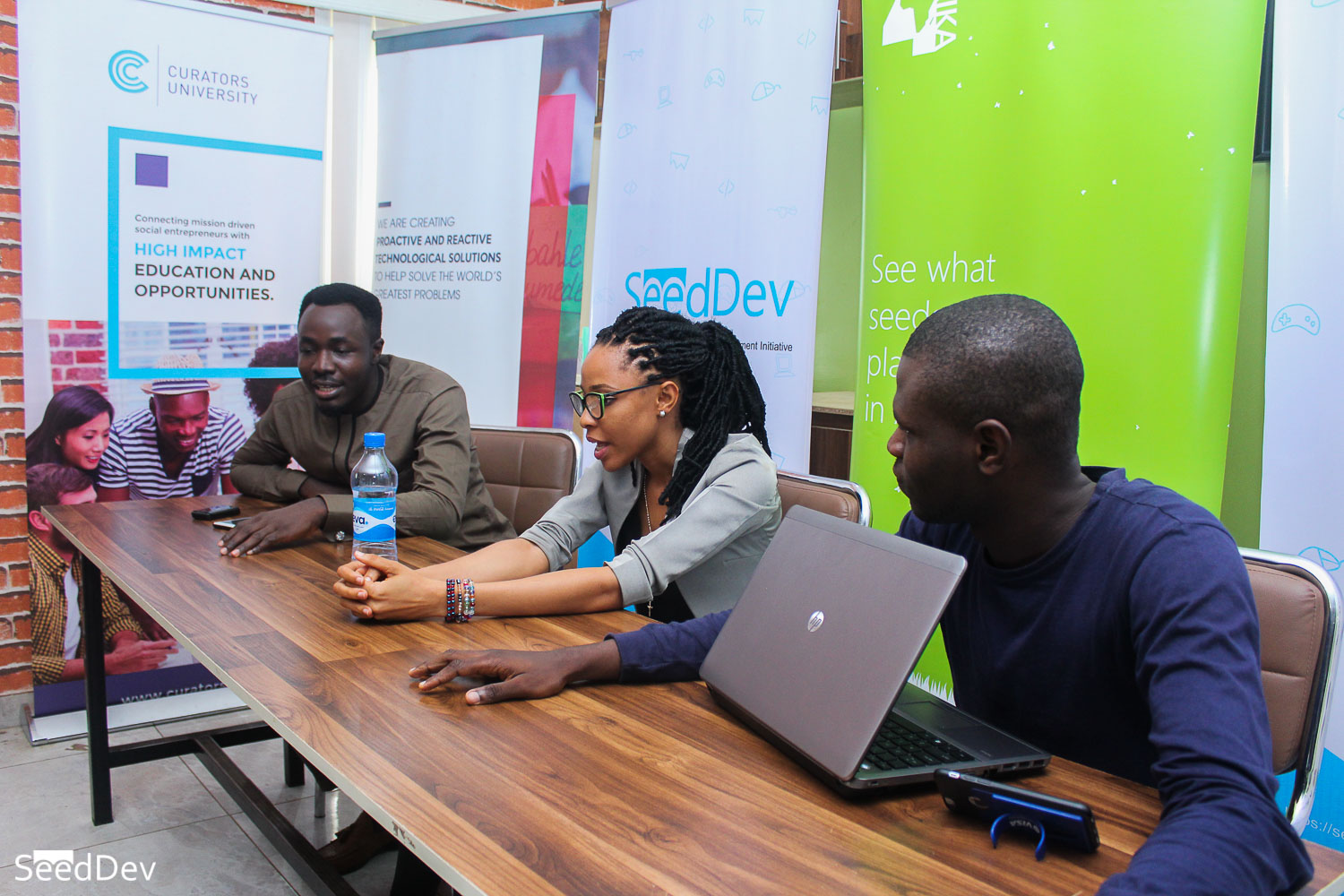
In reaction to the issues raised, Community Manager, Curators Lab and Programs Manager, Tekly (A fun coding program for kids), Tomiwa Adegbola added that while the issue of lack of adequate qualified teachers is something that should be tackled, organizations that already work in these areas could partner with schools and other interested establishments to expose our young people to digital opportunities. He also emphasized the need for parents too as much as they can, to help their children get access to computers and other necessary digital tools.
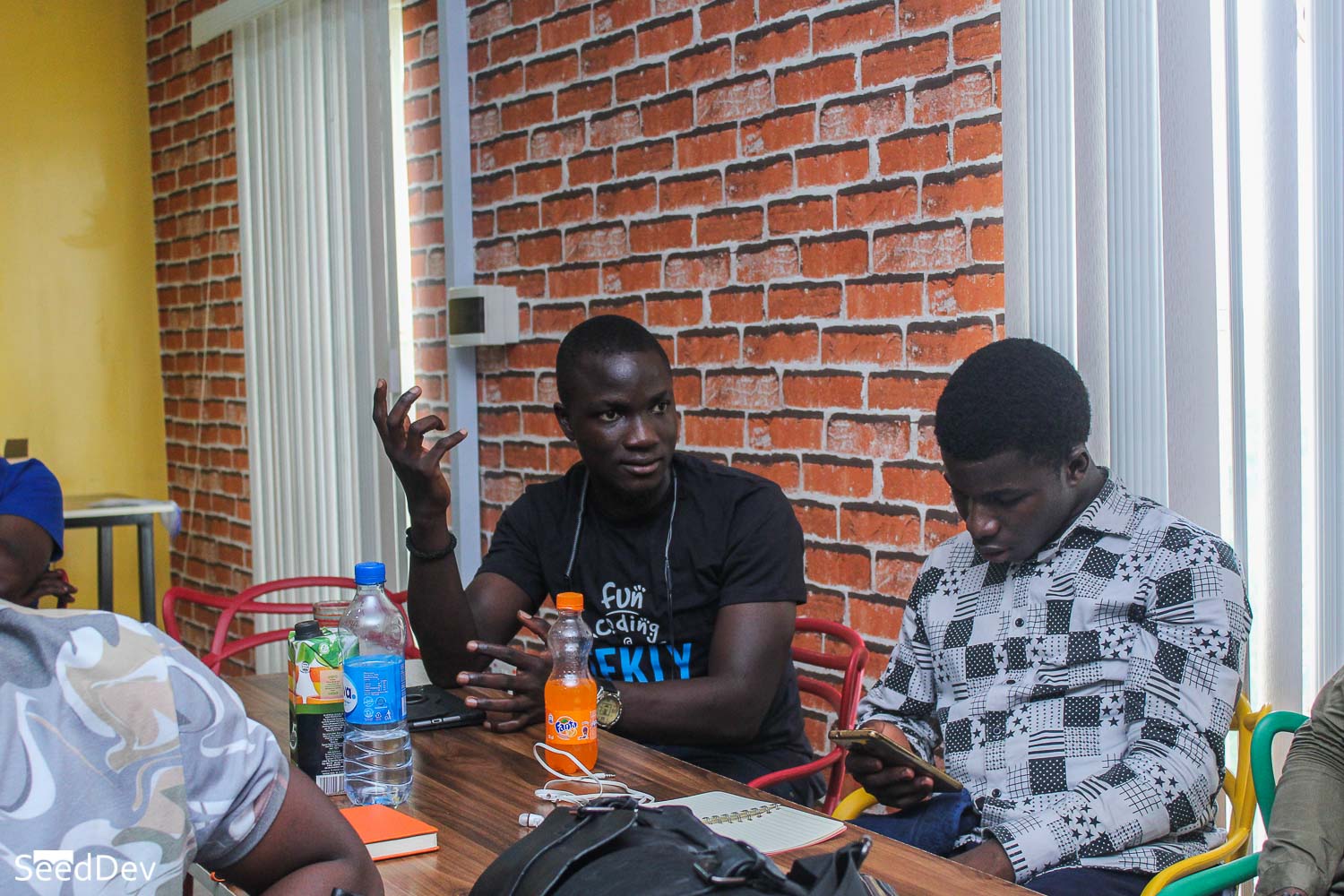
Still talking partnerships, Project Manager, BeMORE Girls(That just concluded training about 400 girls drawn from different areas in Ondo State), Nkem Ijere emphasized the need for Government, international organisations and tech giants to partner with people who can really do the job and a genuinely concerned about impacting the lives of the kids. “… There are beautiful ideas but not enough of the right people to drive it”, she added. She expressed commitment that BeMORE would consistently look for ways to train and engage young female children with the necessary skills to be technologically relevant.
Ondo State Coordinator SAGE Nigeria, Omojiade Ogudo, appreciated the SeedDev team for such a platform to discuss the way forward and encouraged interested development oriented body to think of projects that have real-time effect on the people, involve the responsible government agencies and Ministry departments from the top and execute projects that are beneficial in the different states of the country. “Have a coalition of the government, relevant stakeholders, interested private sector participants and drive the development Nationally using some states to pilot your solutions”, he explained.
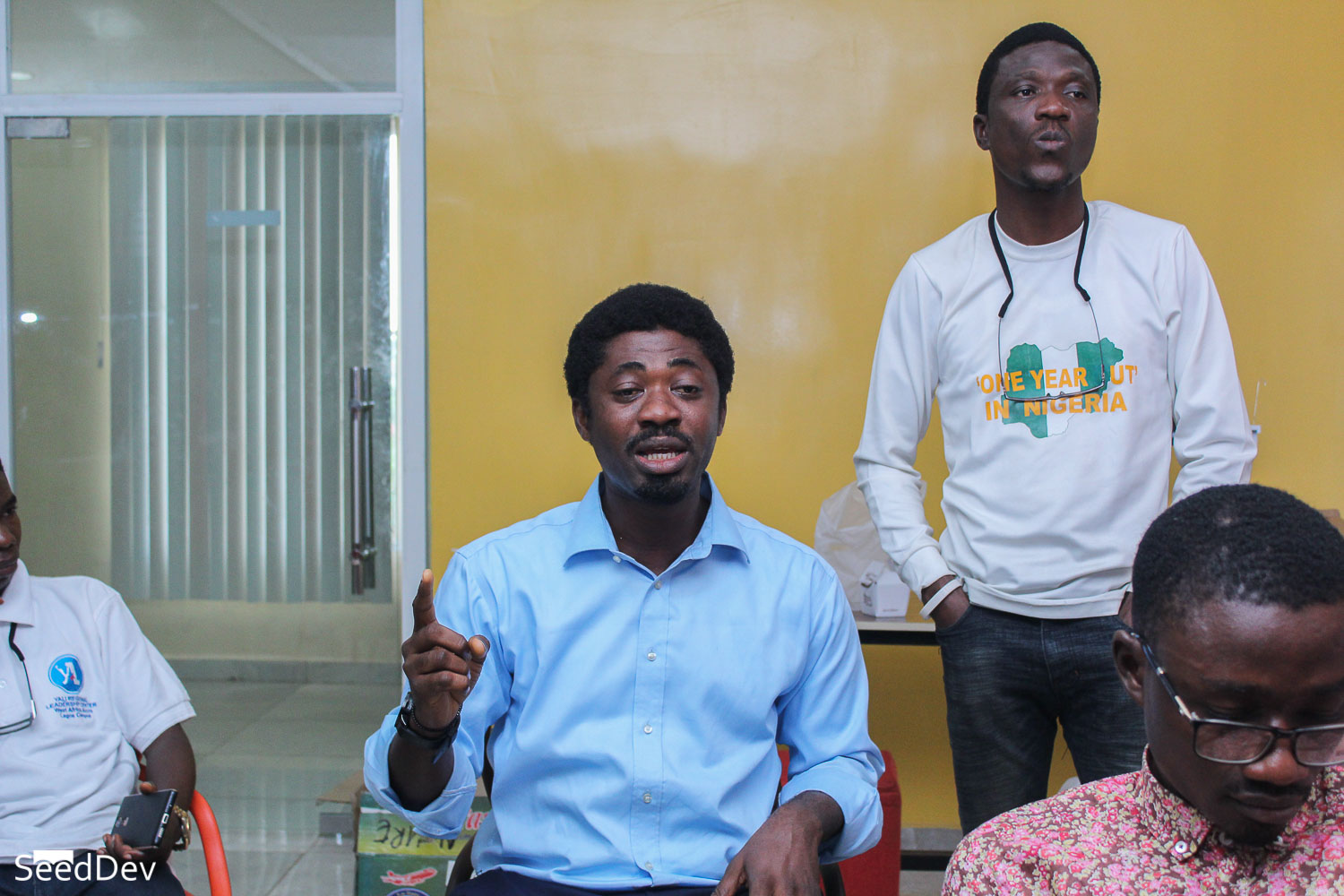
Zumalo’s Opeyemi Olugbemiro tasked religious organizations to partner with solution-oriented bodies to deliver needed skills to their people. He added that ”Rwanda is an example where the religion, this time, the church played an integral role in the development using the Purpose Driven Nation template by Rick Warren, planting churches that promote reconciliation, equip servant leaders, assist the poor, care for the sick, and educate the Next Generation…”
Diwura Oladepo ( Chief Operating officer at Prunedge) explained that young people should be sensitized on the need to volunteer and do internships in places that would help them build the necessary skills to be employable and relevant in the workplace.
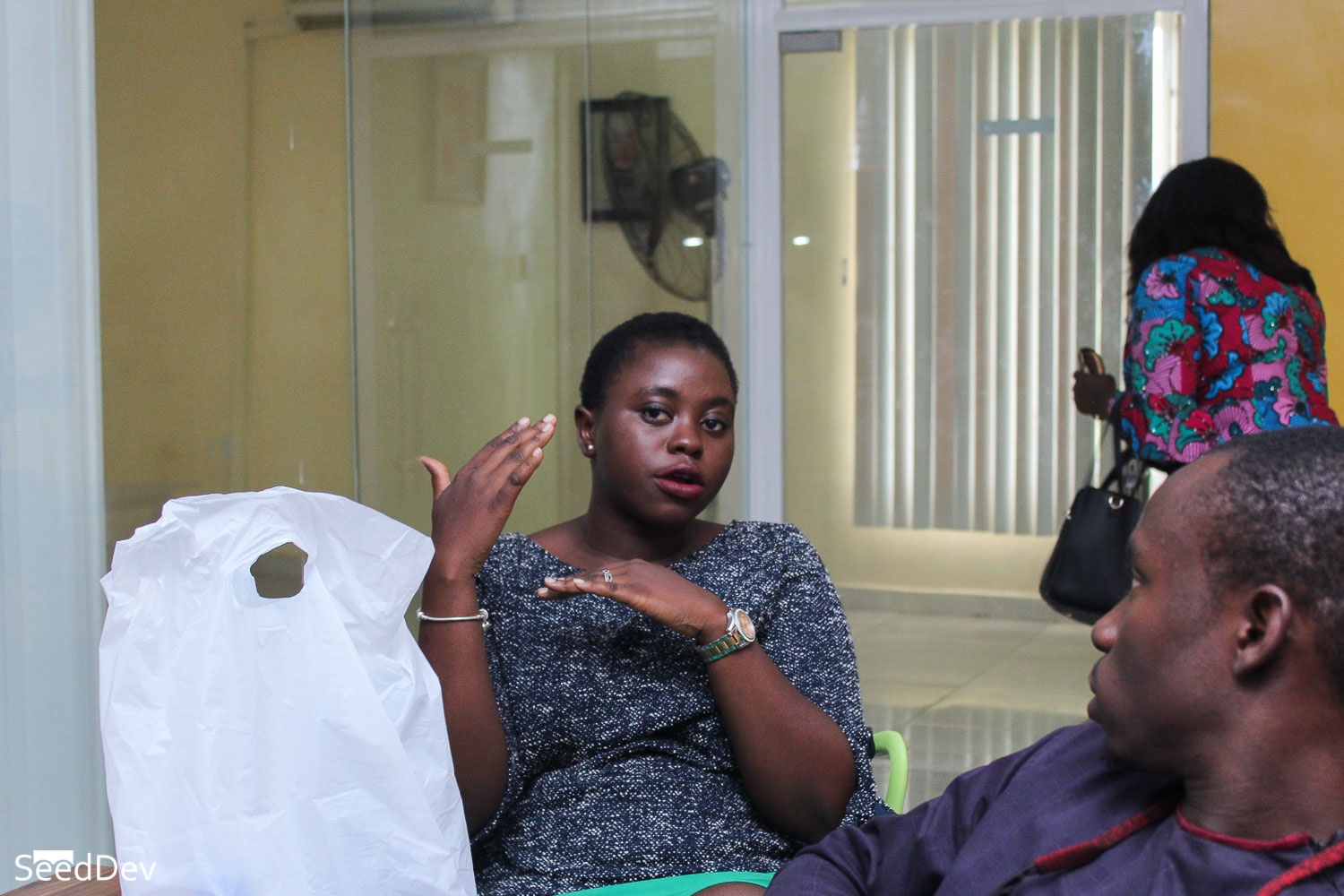
There was an overwhelming support that Government as the biggest sponsor and facilitator of education in the country should do more in funding, providing the best of policy framework, employ administrators who are well equipped with 21ST-century exposure to prepare the country’s educational sector for the future and provide better-equipped learning environment in our schools. However, Michael Uma (A lecturer) and Victor Fatanmi (Arts Director, FourthCanvas) added that as much as we want the Government to do their part, which we shouldn’t stop clamouring for, citizens should be ready to contribute their quota towards the development of the society.
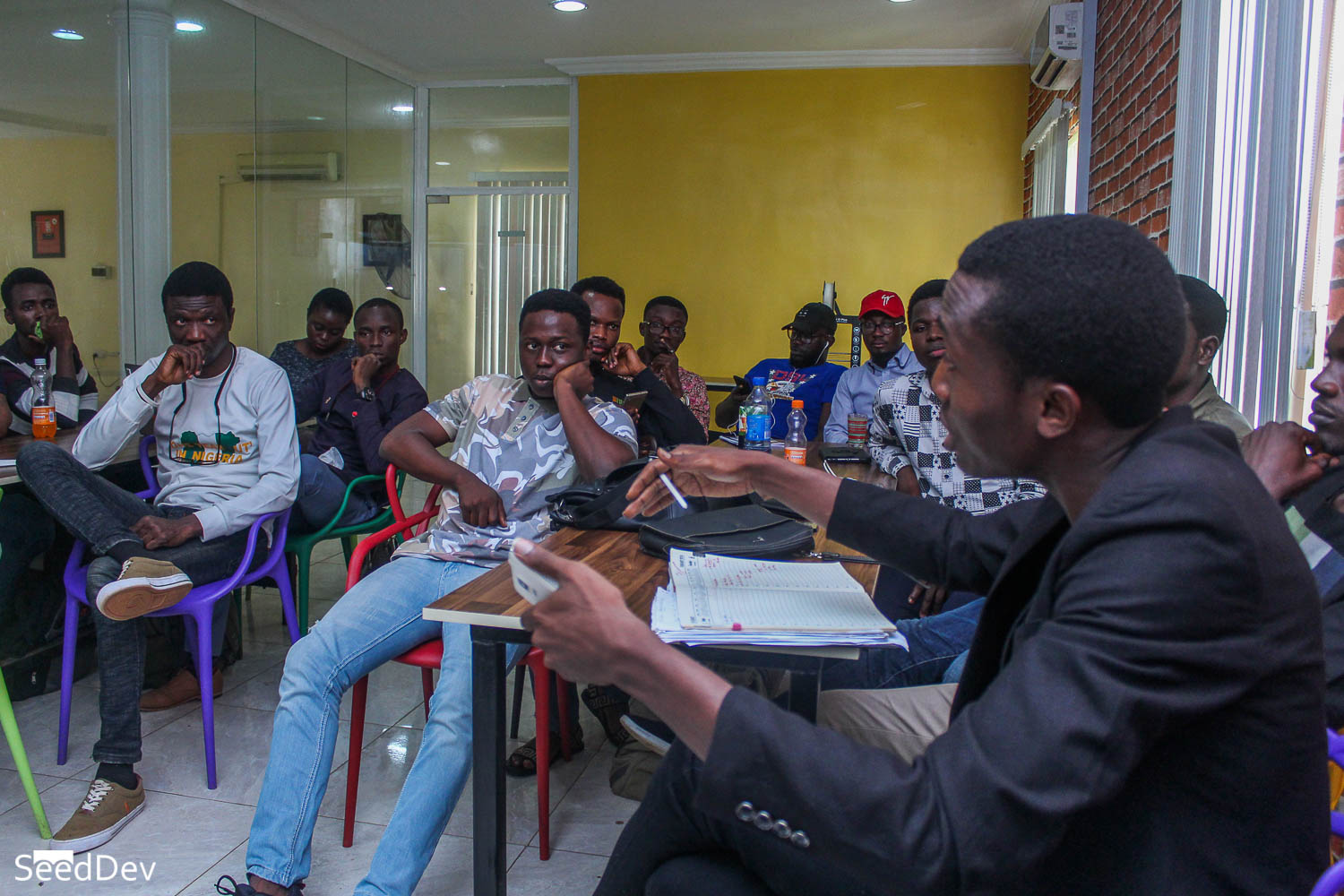
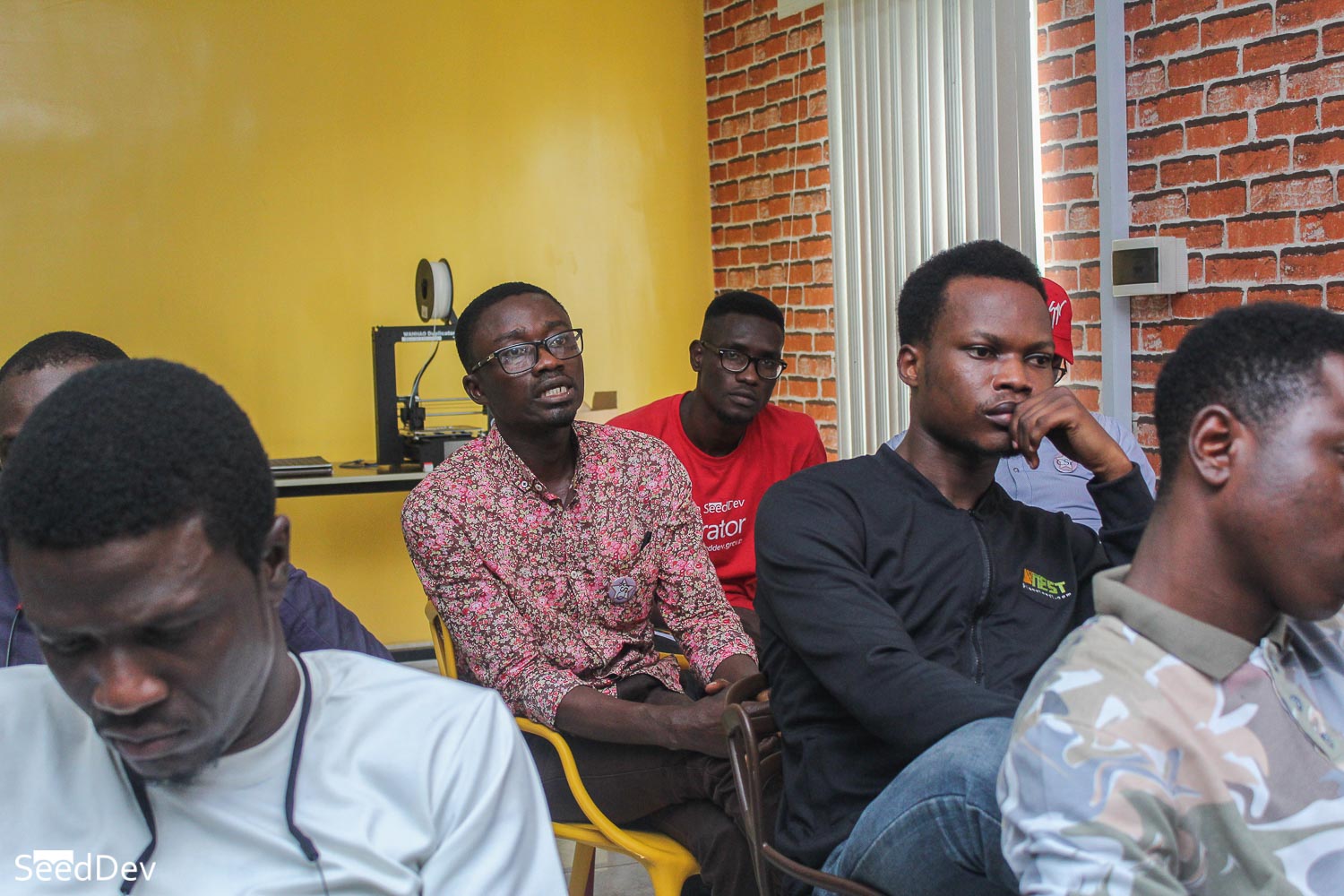
Conclusively, it is still about strategic collaboration among the government (especially concerned Ministries and agencies), the private sector and other relevant stakeholders (Churches, Mosques, Academia, traditional institutions, international donors etc.) working together to execute projects with clear-cut sustainability plans to properly prepare our teeming youth population for the digital revolution.
